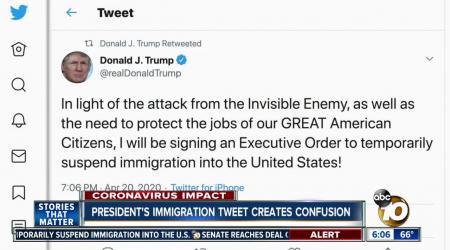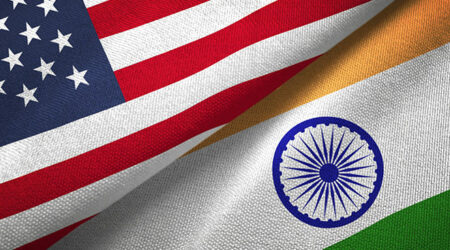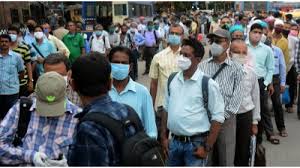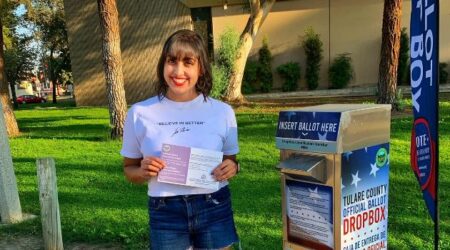By Prakash Bhandari
The first-ever virtual edition of the Jaipur Literature Festival (JLF) saw Noam Chomsky, the celebrated left-leaning American thinker and political activist in conversation virtually with NDTV journalist Sreenivasan Jain on Sunday, Day 3 of the 10-day festival. The nonagenarian discussed the global ‘drift into authoritarianism’, post-Trump America, and the factors that make social reform possible.
Chomsky called the recent storming of the US Capitol as a turning point for the country. When asked whether Trump can still pose a threat to US democracy, Chomsky speculated on possibilities of continued propaganda for very real support for Trump by his voter base and insisted that democracy had serious problems even before his presidency.
Chomsky explained how inequality and authoritarianism appear to be inextricably linked. He cited a study by the RAND Corporation, which estimates that the transfer of wealth from the lower 90% of the population to a fraction of the top 1% has been about $50 trillion over the last 40 years.
The conversation raised wider questions about the state of democracy, which appears to be in as much danger from radical majoritarianism in the United States or in India as it is from the European Union shifting the seat of several governance decisions away from individual governments to Brussels, to an unelected bureaucracy. To Jain’s question on what can be done to resist the threats to democracy, Chomsky said, “There’s no magic key! You fight it the way you’ve always fought it, with educational programs, with organization, with activism.” In the context of the American political system, he highlighted how the Biden government’s legislative program on climate change, possibly even better than Obama’s, reflects the direct impact of activism and popular forces within the party pushing the agenda.
“Over time any political or social movement can work,” he said, pointing to the Independence Movement in India. “It takes dedication and commitment. It doesn’t happen by itself, you have to fight for social programs and reform.”
Reflecting on some of the critical progressive movements like the labor movement, the civil rights movement and the women’s rights movement, he pointed to the significance of coming together in solidarity and with constant, dedicated struggle.
Described as the ‘greatest literary show on earth’, JLF is a sumptuous feast of ideas. Every year, the festival brings together a diverse mix of the world’s best writers, thinkers, humanitarians, politicians, business leaders, sportspeople and entertainers on one stage to champion the freedom to express and engage in thoughtful debate and dialogue.
Who is Indian and what is ‘nationhood’? was a question that took centerstage during a conversation between author-turned-politician Shashi Tharoor and journalist Faye D’Souza in a session titled ‘The Battle of Belonging.’ The title is inspired by Tharoor’s book of the same name and explores the changing interpretations of nationalism, patriotism and citizenship as well as the nature and future of nationhood. Tharoor spoke of two broad concepts of nationalism – one that is anchored in an identity defined by place of birth, ethnicity, language and religion or ‘identity nationalism.’ The second is linked to constitutions and institutions – ‘a civic nationalism.’ He mentioned how civic nationalism was first enshrined in the Indian Constitution after three years of debate and dialogue.
The conversation then traced India’s journey post-Partition and how the freedom struggle gave birth to a nationalism of shared sorrow. The duo also raised several pertinent questions over the course of their hour-long conversation about delegitimizing dissent, conformity and India’s cultural identity.

Iconic US thinker Noam Chomsky had a conversation with NDTV journalist Sreenivasan Jain.












